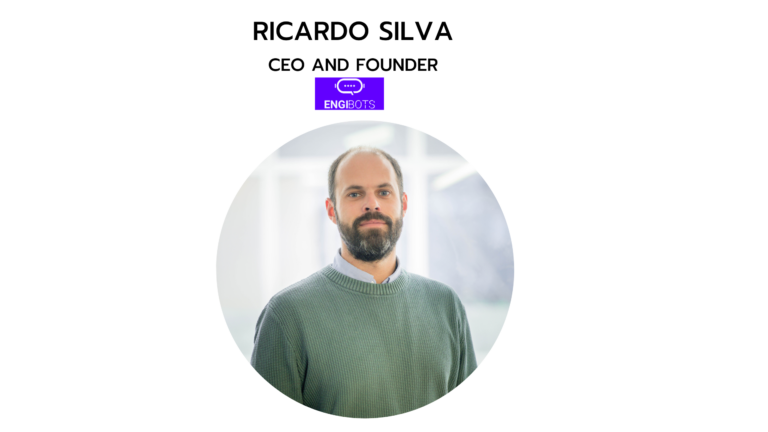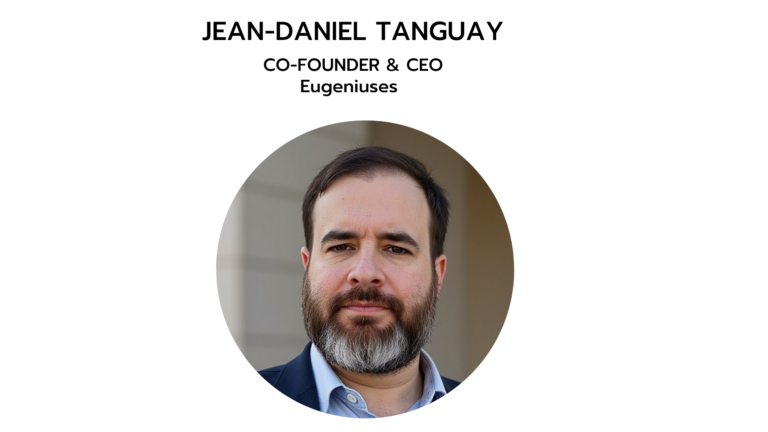Eusebi Llensa, Cofounder & CEO at Outvise, shares insights on the evolving demand for AI talent over the next three to five years. As AI moves from experimentation to enterprise-scale deployment, there’s a growing need for implementation-focused roles such as MLOps specialists, AI product managers, and domain experts.
New positions like AI ethics advisors, prompt engineers, and AI security professionals are also gaining momentum. However, the most significant talent gap lies in business-savvy consultants who can bridge the gap between AI potential and real-world impact.
While short-term projects currently dominate, long-term AI integration is quickly becoming a core part of digital transformation strategies.
How do you see the demand for AI talent evolving over the next 3-5 years?
AI has taken a solid spot at center stage for our clients, impacting many areas from process optimization and automation to tech infrastructure upgrades and new services to be rolled out.
There is now a shift from research to deployment. There will still be a demand for researchers in more cutting-edge companies looking to develop their own AI solutions. But most companies will need engineers, MLOps professionals, and domain specific AI implementers who can take models from prototype to production.
Companies are now struggling to make sense of all the news, possibilities, and fast-paced innovation. Experts who can integrate the technology into the daily work lives of organizations are key to this, helping accelerate the adoption of available solutions and plug AI tools and agents into company products and processes at every stage.
What industries have you worked with using AI, and what challenges did you face?
- Beyond AI and ML engineers and data scientists, the demand for production-oriented roles will continue to grow.
- The range is broad, but the first priority is having experts who can adopt and adapt AI to specific business needs. AI product managers and analysts who bridge the gap between technology and business will be crucial. Product managers with a strong understanding of AI techniques, solutions, limitations, and how to best apply them to business use cases will be in high demand.
- AI is opening up a new world of interaction and user experience. Prompt engineers and AI interaction designers may become key roles with the rise of large language models and generative AI tools, although even these roles may soon be overtaken by specialized agents. For now, there is a growing niche for professionals who can optimize user-to-AI interactions.
- Then come MLOps and data infrastructure roles. As companies advance in their use of AI, there is an increasing need for people who can manage data pipelines, data governance, and deployment infrastructure to ensure consistency in information, models, and user experience flows. AI quality assurance and AI security specialists are also likely to become standard roles.
- And of course, as businesses adopt AI, understanding the impact on employees and customers will require legal support and governance frameworks to ensure responsible and compliant use from an ethical point of view

What are the biggest gaps in AI talent supply today, and how is your company addressing them?
It depends on whether you are an AI creator (some) or an AI adopter (most).
The gaps are everywhere… but especially in tech-savvy consultants who can cut through the noise and bring meaningful impact to the business. In other words, those who can identify a need or a pain point and improve it using the available AI solutions, which are evolving at an incredible pace.
At user level, people are self learning and testing solutions on their own. As more and more everyday tasks can be supported by AI, companies will need to take an active role in integrating these tools into their corporate toolkits.
We are encouraging business users to explore AI in coordination with our tech team, so we can map out and assess together which solutions are best suited to our needs.
Have you noticed a trend in companies needing AI specialists for short-term projects vs. long-term engagements?
At this stage, there is still a lot of accelerated adoption and learning by doing. Most companies are still in an exploration phase, so short-term engagements are typical.
In many cases, this involves an initial assessment of business areas that could benefit from AI solutions. An expert can carry this out in just a few weeks, providing clients with a map of opportunities and improvements that can be prioritised and implemented.
For some large companies, system integrators, or end clients with complex processes and large customer bases (such as telecom operators or the public sector), we are seeing that all long term digital transformation projects now include an AI component.
What industries are struggling the most to find the right AI talent, and why?
All industries are struggling to find the right AI talent.
What are the biggest mistakes companies make when hiring AI talent, and how can they avoid them?
As usual, the biggest mistake is not knowing what you actually need and reacting purely to external pressure.
The right investment and the right hire are those that respond to a clearly identified need, one that is well understood and comes with realistic expectations around impact. This is particularly challenging right now, as there is a rush to adopt AI and to be seen adopting it. That often leads to unrealistic expectations and failed investments.






